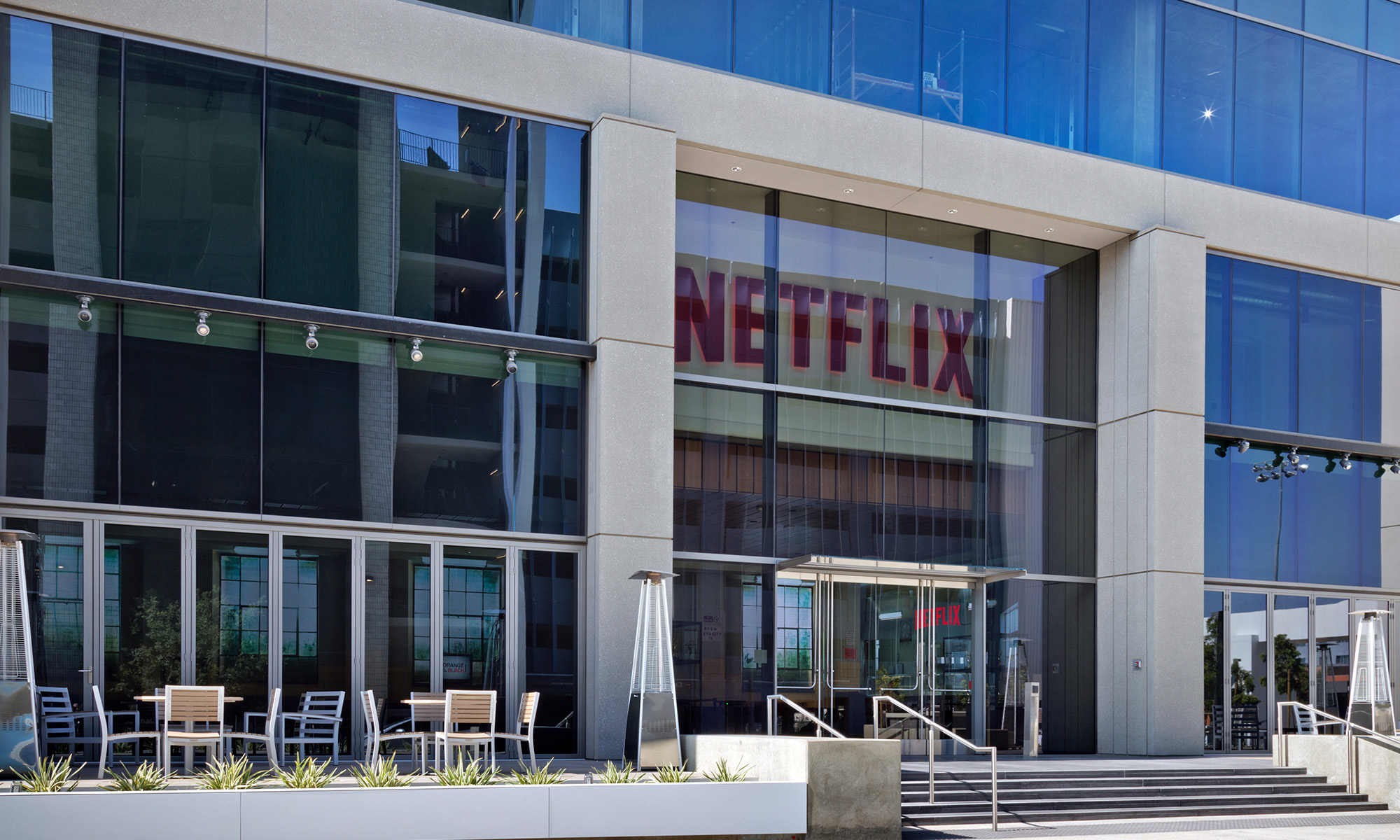Thwapp! Zlonk! Ka-Pow!
Sadly, Adam West's classic Batman series from the 1960s probably won't ever be available as a Netflix (NFLX 2.60%) stream. The video service has to settle for making these classic sound effects by beating up analyst expectations. (Calm down, Bat-fans. I know that West's 1966 Batman movie is available at Netflix today and does feature classic sound effect bubbles.)
In the fourth quarter of 2012, the average Wall Street analyst expected Netflix to show a $0.13 net loss per share on about $934 million in revenue. Instead, the company reporteda $0.13 profit per share and sales of $945 million.
The report punched holes in common criticisms like Batman punches out bank robbers. These misconceptions have long put a lid on Netflix share prices, because they were collectively seen as sure signs of the company's imminent demise. Proving them wrong sent share prices up as much as 41.6% in extremely heavy after-hours trading -- the kind of pop you'd expect from a generous buyout, not just a regular earnings report. Netflix hasn't seen these price levels since the Qwikster intermezzo in 2011.
The debate
|
Bearish Thesis |
Netflix's Reality |
|---|---|
|
Look at the margins! Streaming will never be the cash cow the dying DVD business was. |
Domestic streaming margins improved from 10.9% to 18.5% year over year as economies of scale made their mark. Next quarter, Netflix expects the domestic streaming division to produce a larger operating profit than DVDs for the first time in company history. |
|
Yeah, but DVDs are still important -- and you're killing them. First-degree murder, no less. |
The number of DVD subscribers did fall this quarter, but only by 380,000 members. The DVD segment isn't fading as fast as management had expected, and Netflix has responded by actually marketing the product again. The sacrificial lamb lives another day. |
|
But surely the American market is getting saturated by now. With 27 million current members and untold millions who've already canceled the service, there's no more room to grow. |
CEO Reed Hastings would disagree. After adding 5.5 million domestic customers in 2012, and 2.1 million in the fourth quarter, he predicts "slightly higher" additions in the first quarter than last year's 1.7 million. "The fact that our growth remains this strong despite intensifying competition, and our already substantial U.S. market penetration, underlines the large opportunity ahead." |
|
Right, the competition. Amazon.com (AMZN 2.39%) will kill Netflix with its massive cash reserves. Or maybe Hulu will, thanks to deep studio relationships. And what about Redbox Instant? That's two serious businesses teaming up to murder Netflix. |
The results so far speak for themselves -- Netflix is hardly dying. Moreover, Hastings sees these services more like peers than contract killers. Several streaming services can coexist peacefully, much like premium cable channels Showtime, Epix, Starz, and HBO do today. Bundles that package several of these channels together are common today. |
In fact, Hastings seems to model his strategy after today's cable landscape -- just with an online twist.
You don't expect to find the same movies on HBO and Showtime, right? In particular, both channels produce a ton of high-quality content of their own that will never show up on rival services. So consumers happily buy both, or all four, and enjoy several sources of premium content.
To prove his point, Hastings looked at the 100 most-watched TV shows and 100 most-watched moves in his current library, then checked how many of these were available elsewhere:

Source: Netflix PR.
Redbox is still a beta service, but even mighty Amazon owns only one-third of the most popular Netflix content. Not a whole lot of overlap there.
I'm sure you could produce a similar graphic that shows Netflix as a shrinking violet circle with a minority of the most common Hulu shows, or Amazon Prime movies. That's exactly the point. Netflix doesn't own a complete Hollywood catalog, and never will. The licensing landscape is far too fragmented for that. Just ask Adam West, whose Batman series never even reached home video due to a complex web of conflicting rights and licenses.
But everyone can get their hands on enough exclusive content to stay relevant, and profitable, and growing until this new market matures. So bring on the competition, and give consumers even more reason to get comfortable with digital media. Everybody wins.







